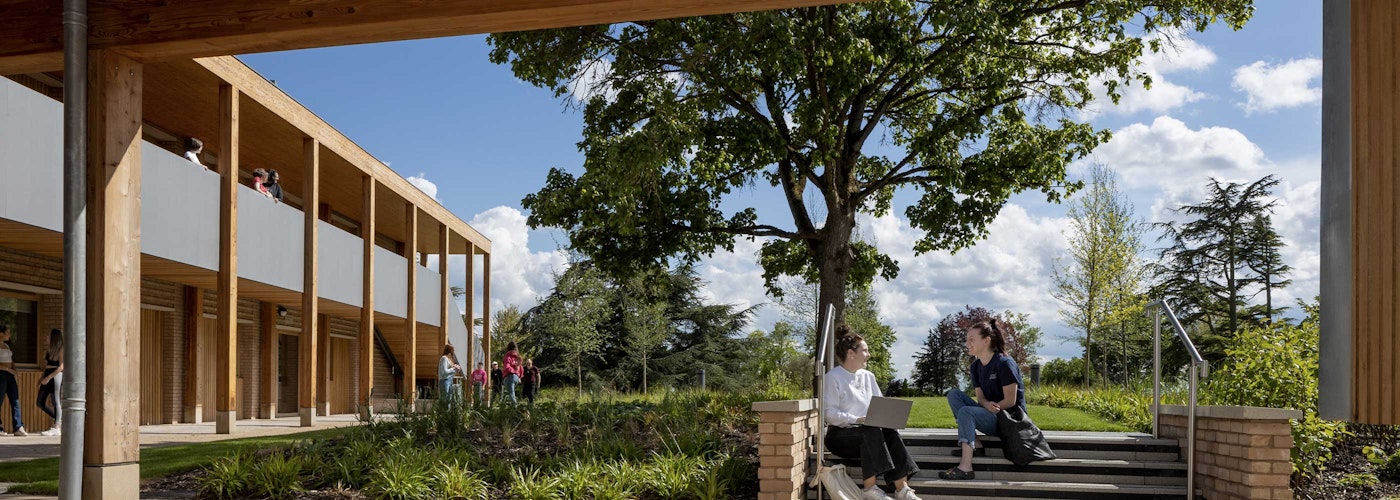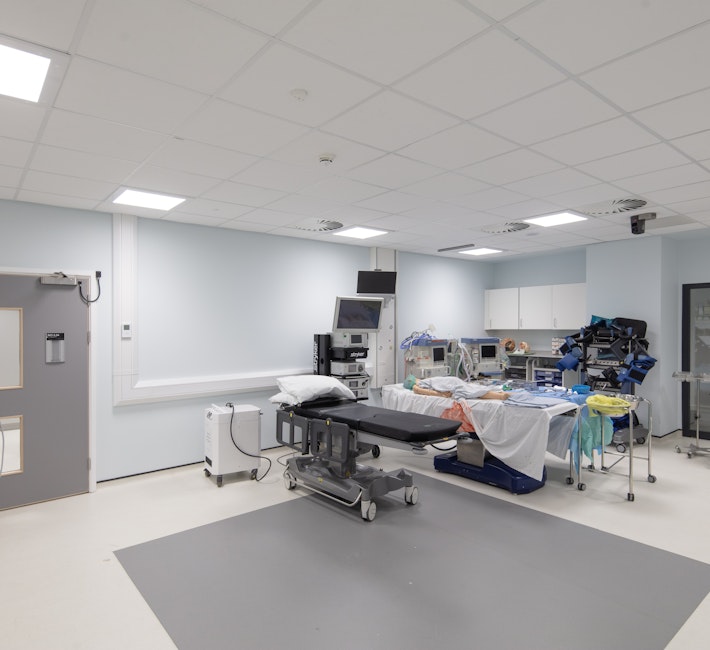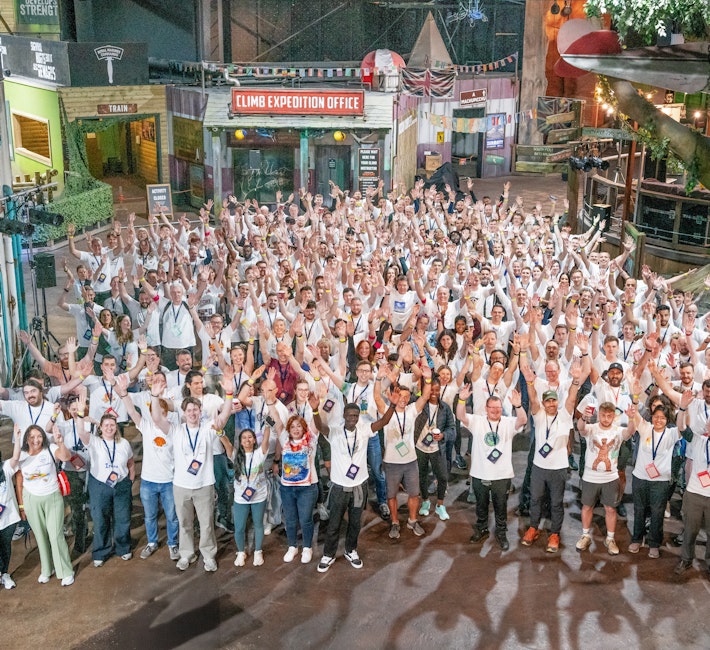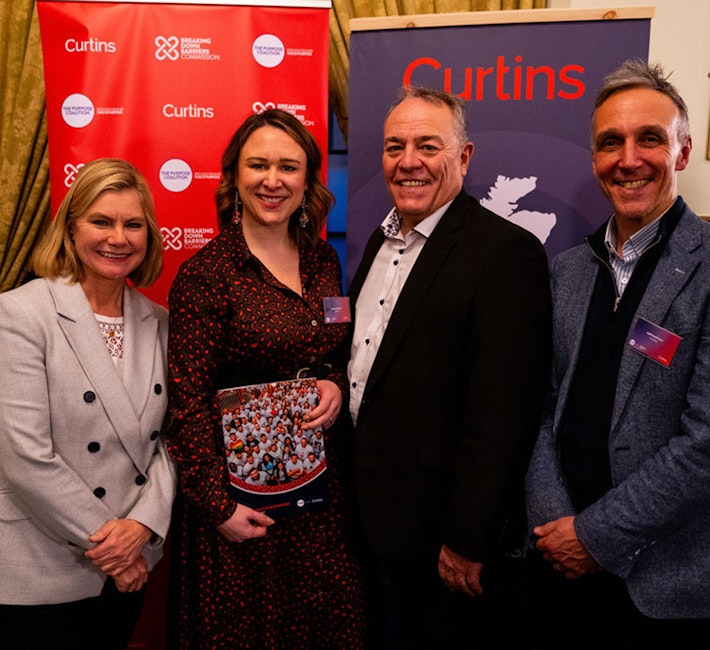- Home
- News & Views
- Let’s talk about carbon
As Curtins’ lead on carbon reduction and as 2021 progresses, I wanted to take the opportunity to reflect on a year of change and discuss where we need to go next.
A year ago, we started a conversation in Curtins about carbon. We asked our colleagues, “how big is a tonne of CO2?” and no-one really knew*. Did our staff want to address the Climate Emergency by changing the way we designed? Yes. Could we use carbon as a design tool, and a currency to start new discussions? Probably. Although we’d been striving to deliver ‘sustainable designs’ for years, it seemed we still couldn’t talk about it in measured terms.
Our conversation involved all our staff. Our aim at this early stage was simply to raise awareness and figure out how we were going to measure embodied carbon in our projects. Through the design of a digital carbon toolkit, we were able to begin recording the results in our reports and on our drawings – so that our staff could see the full impact of their designs on the environment. This was a huge leap in our progression towards decarbonisation, but with this data now published visually on our drawings, we needed to talk to our clients. Did they understand the impact their decisions could make and were they bothered? Challenging standardised designs and practices requires bravery, but by bringing the climate emergency and low carbon alternatives to the attention of our clients, our year of change had commenced.

As we start 2021, we should look back on how far we’ve come. We’re determining carbon content at concept stage, and know what a ‘1,000t carbon building’ looks like – just as we do a million-pound building. Carbon is now a currency for us.
But decisions based on carbon impact still raise questions. Do we want low carbon or low cost? Can we have both? These considerations have made way for new conversations with our clients and project partners. We shared these ideas with over 500 people outside Curtins in 2020.
And what we realised last year is that people want to talk about carbon. Some of the conversations have been a bit daunting - will the client think we’re crazy? No! The world changed in 2020. Was it Greta Thunberg, David Attenborough or the realisation that our natural world matters even more in a pandemic? Perhaps it’s all of these, but the pace is accelerating every day. Tender invitations ask us to describe our carbon approach (they didn’t in 2019), clients want to talk because their investors now care about carbon reduction too, and our staff expect us to be taking action and leading the debate.
So, against the many challenges we face at the start of 2021, one thing is clear – we must keep talking about carbon, changing the way we design and reducing the impact of our work. How can we re-use more buildings, use less cement, use more timber, reduce the use of piles, drain to surface water features instead of plastic tanks or provide non-car transport links to our developments? Curtins will publish our results and thoughts in more detail early in the year – sharing our work widely.
So, go on, be brave, and let’s talk about carbon …
(* 1 tonne of CO2 is about 8m x 8m x 8m, or the gas emitted from setting fire to two garden water butts full of petrol)
Tags:



